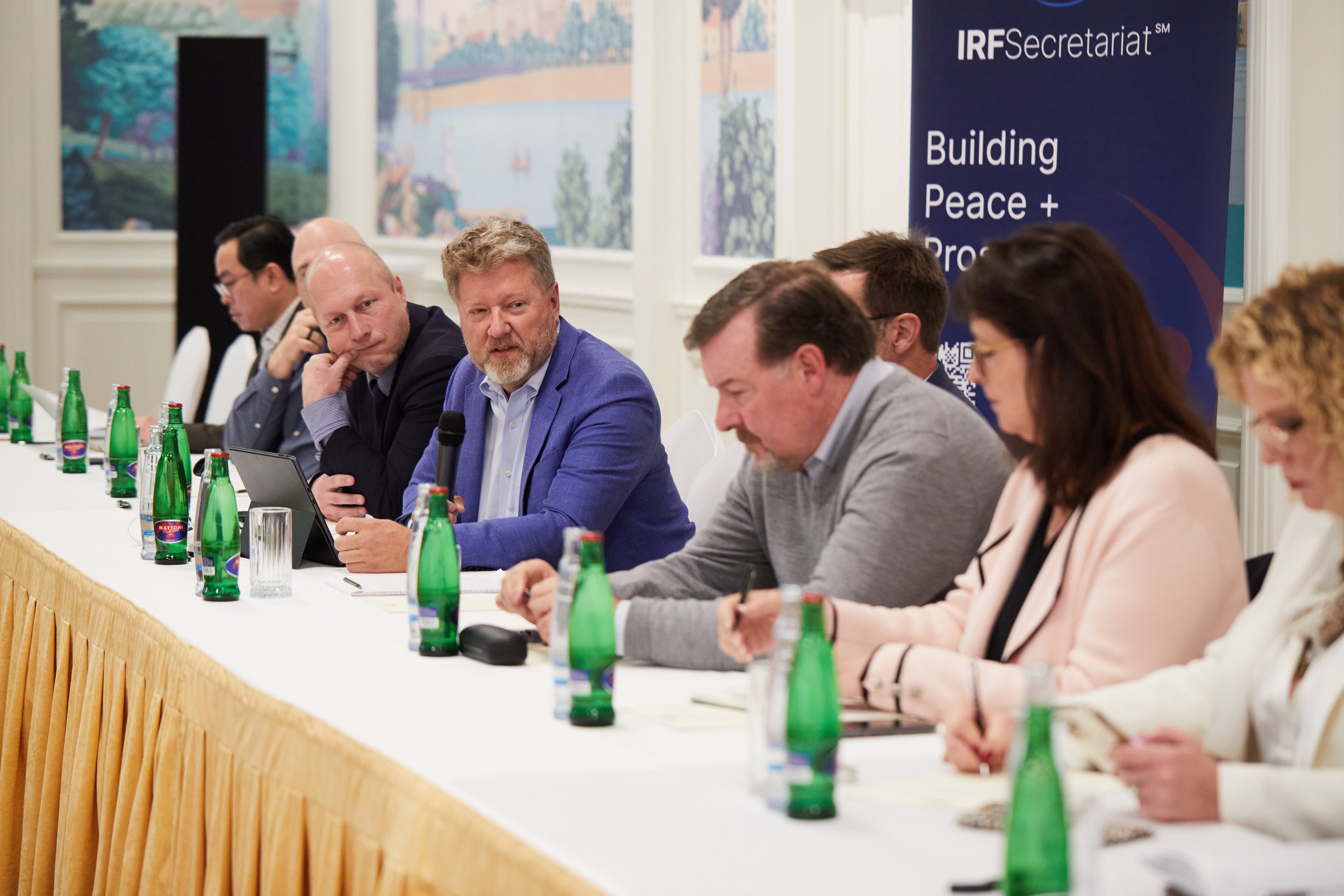
Religious Freedom in Action
In the face of increasing polarization, we bring together people of all faiths and beliefs to help them engage across their deepest differences to stand up for and protect each other.
40+ Roundtables
20+ Countries
1,100+ Communities
Our Pillars
Multi-Faith, Inclusive, & Equal Citizenship
We promote societies where people of all beliefs live in mutual respect, participate fully in public life, and enjoy equal rights and protections under the law.
Religious Freedom & Responsibility
We defend the right of every individual to believe, or not, freely—while encouraging the responsible exercise of that freedom to promote peace, dignity, and the common good.
Good Citizenship & Governance
We encourage active citizenship rooted in shared values and support governance that protects human rights, fosters accountability, and serves the common good of all communities.

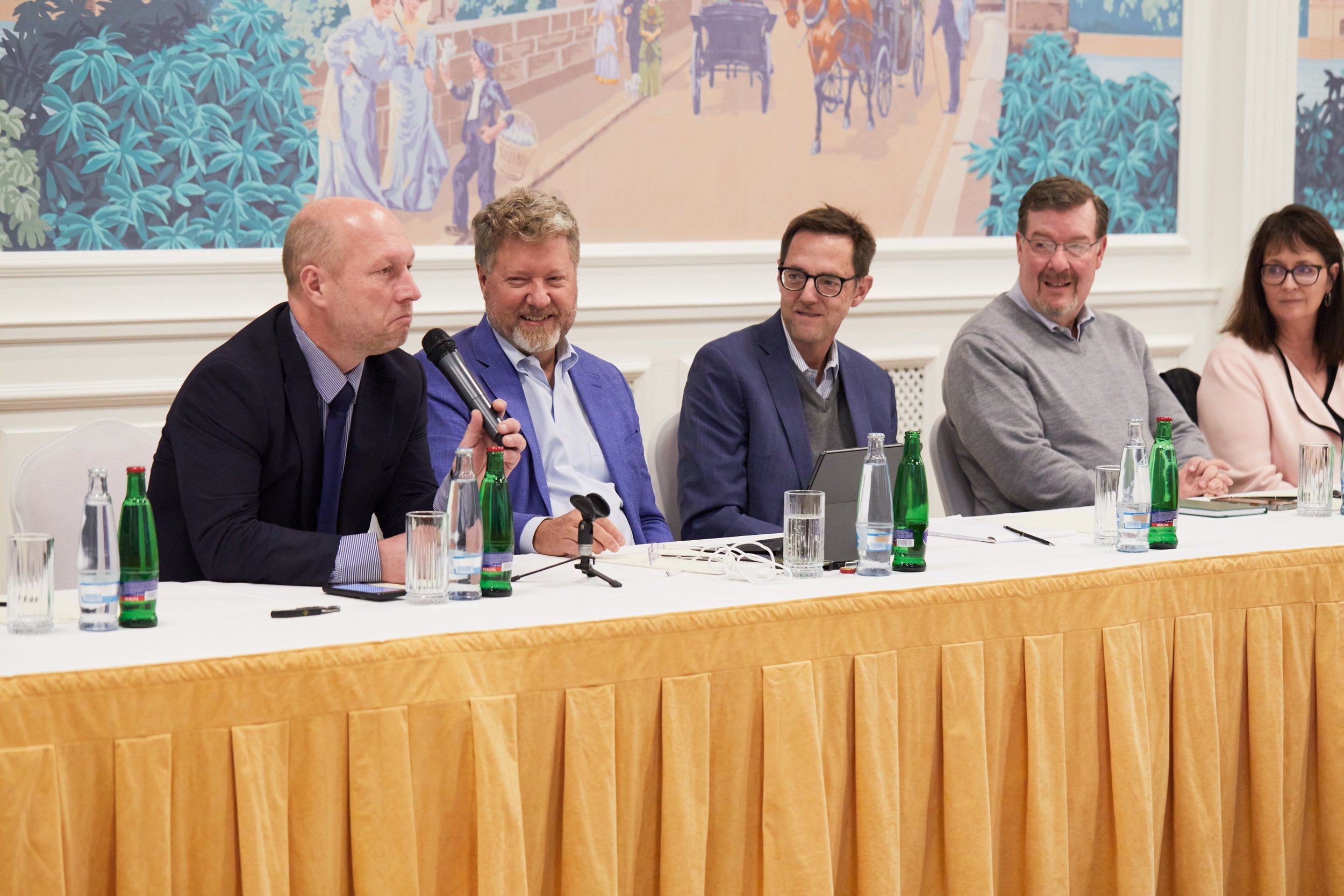



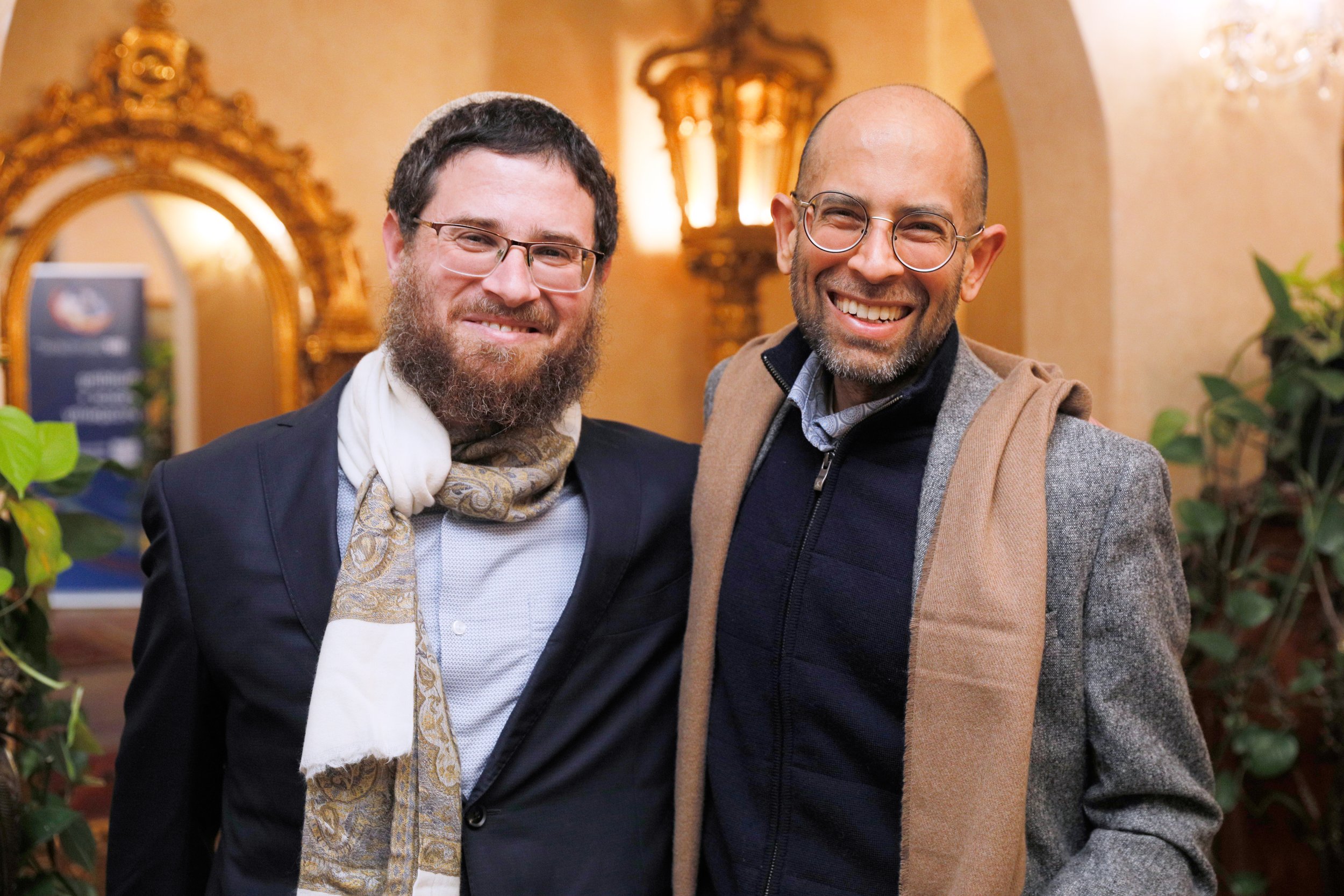
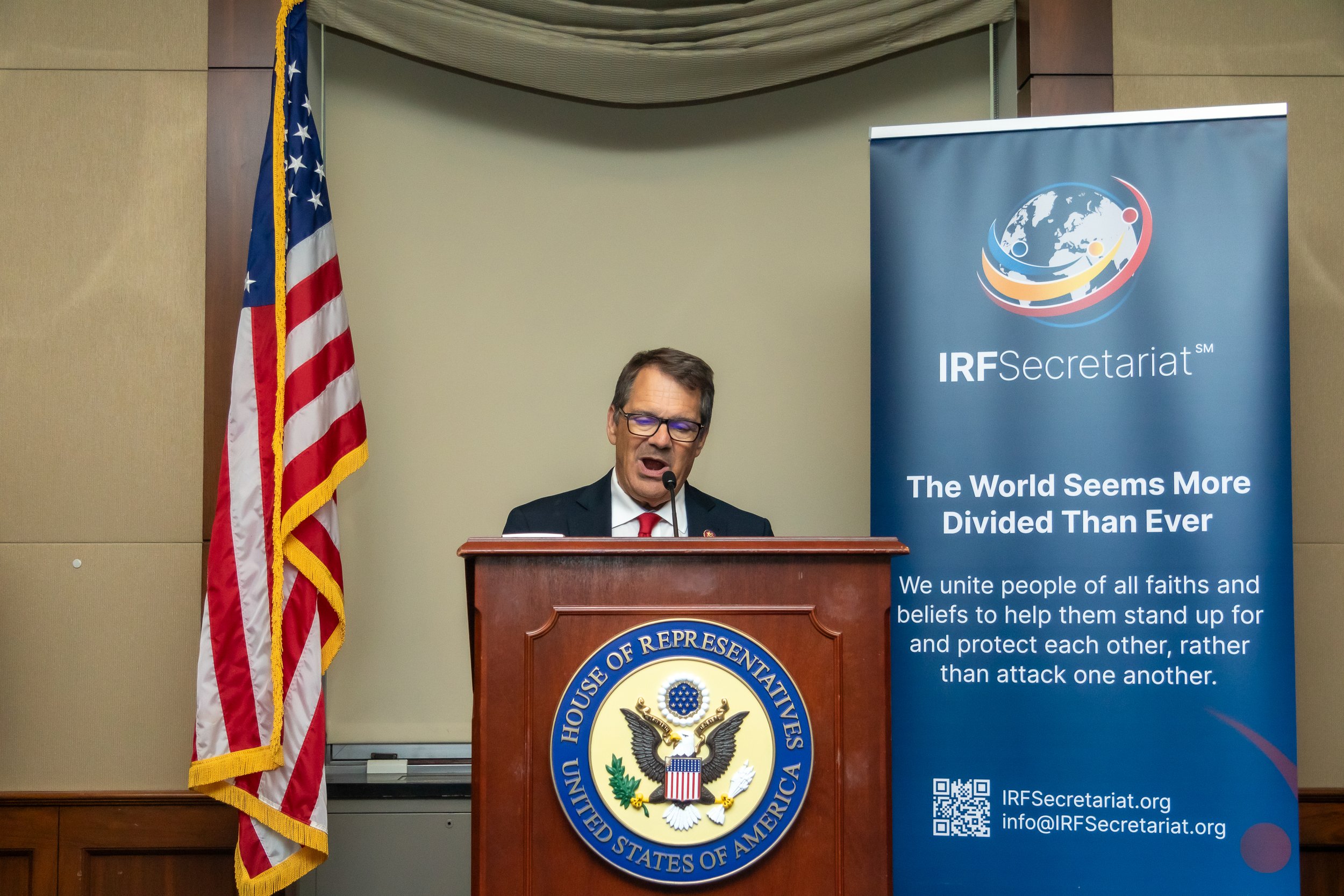

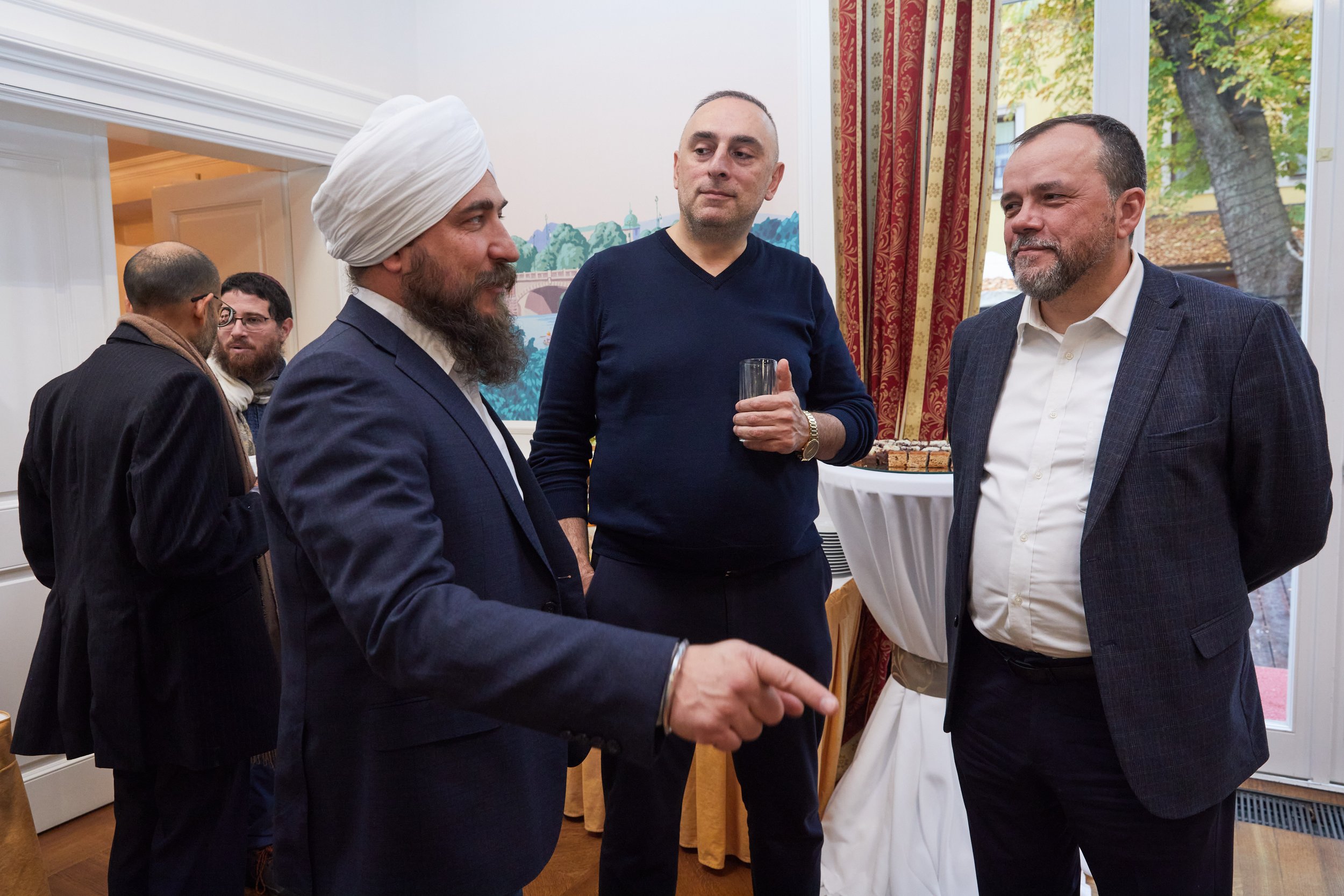
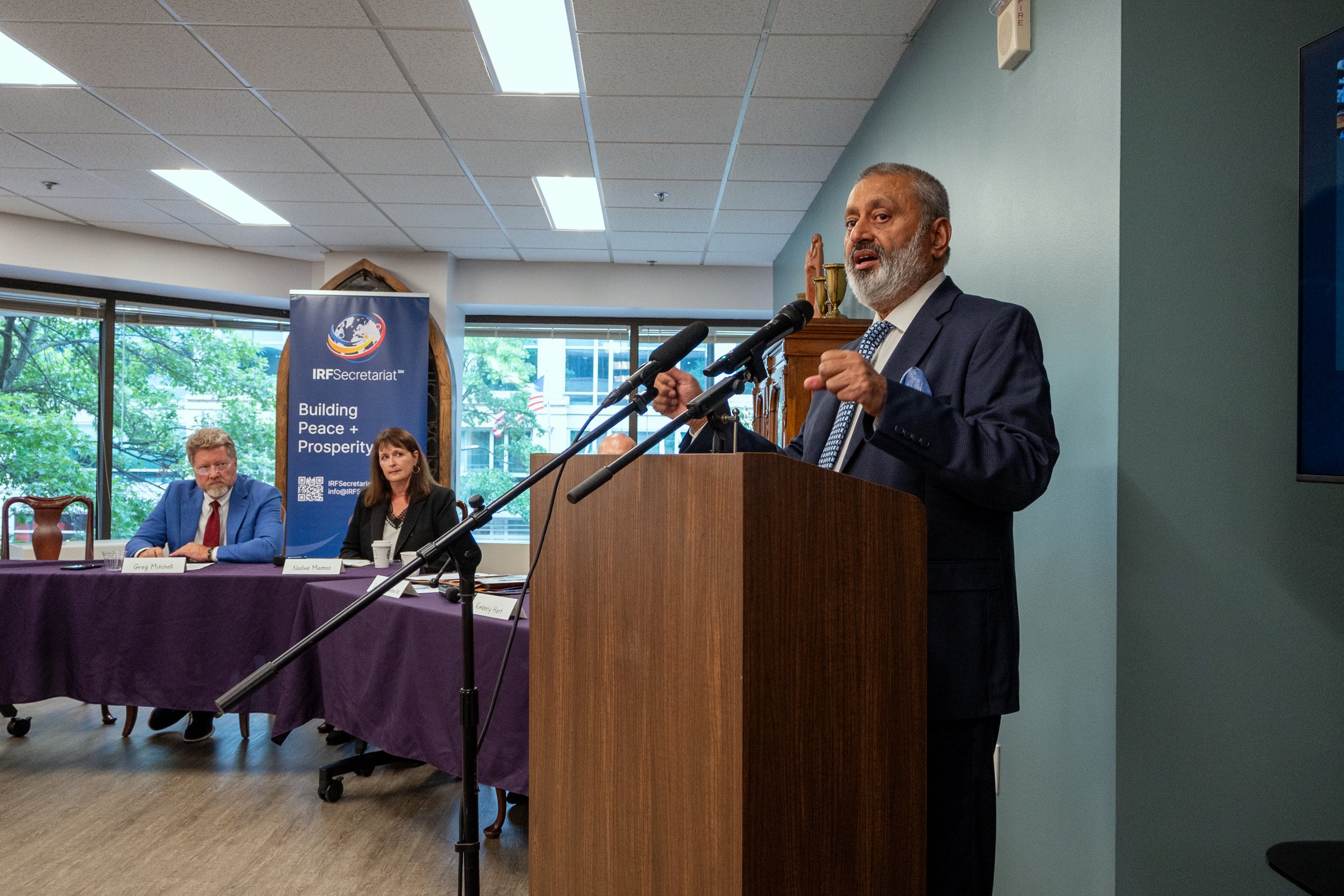
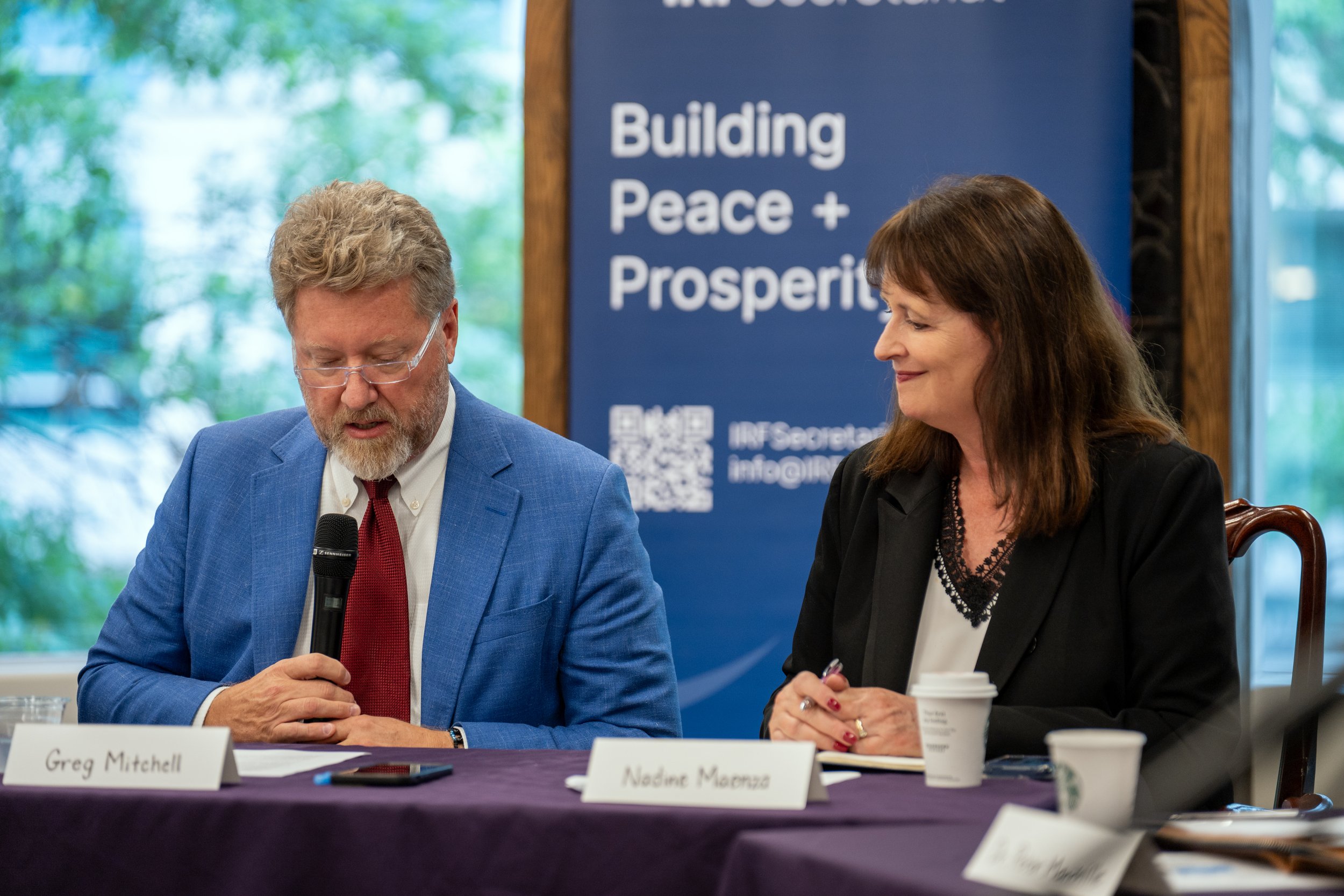
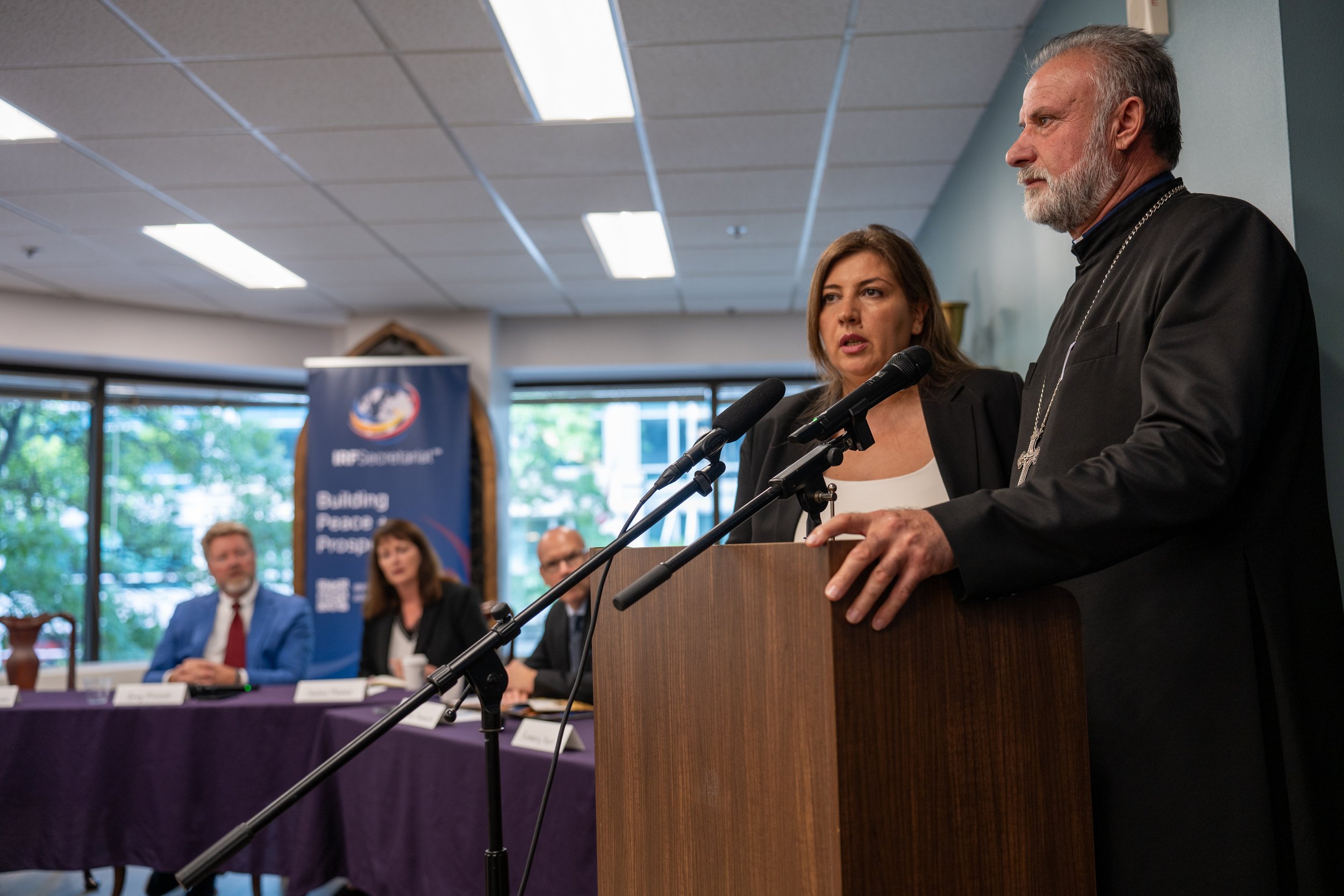
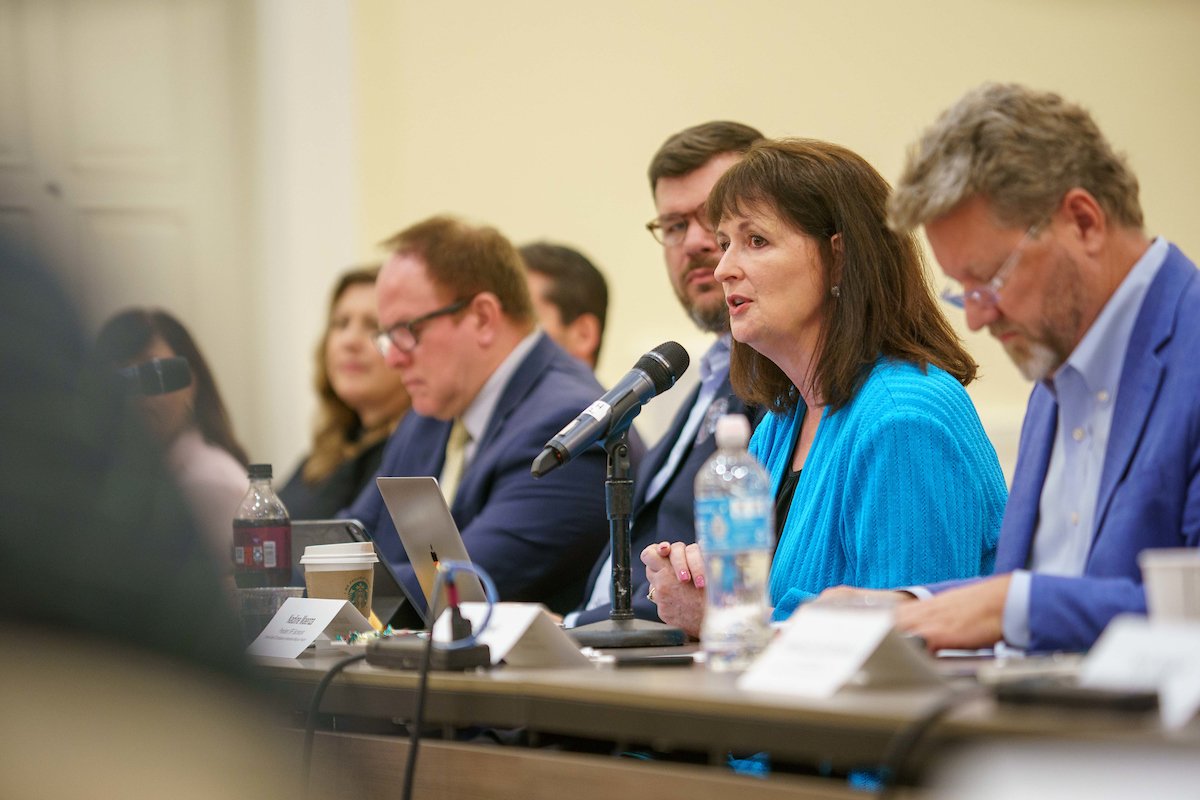

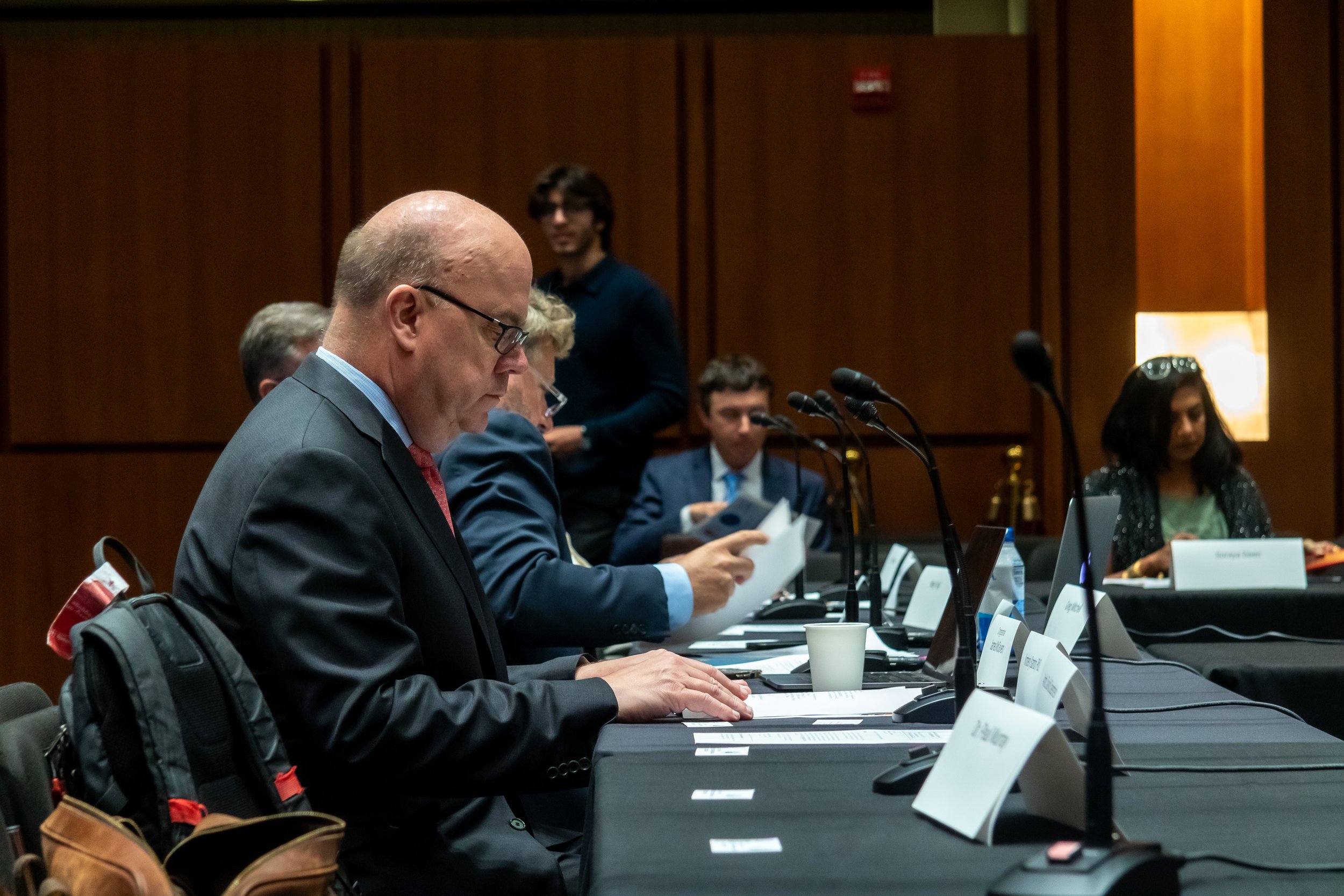
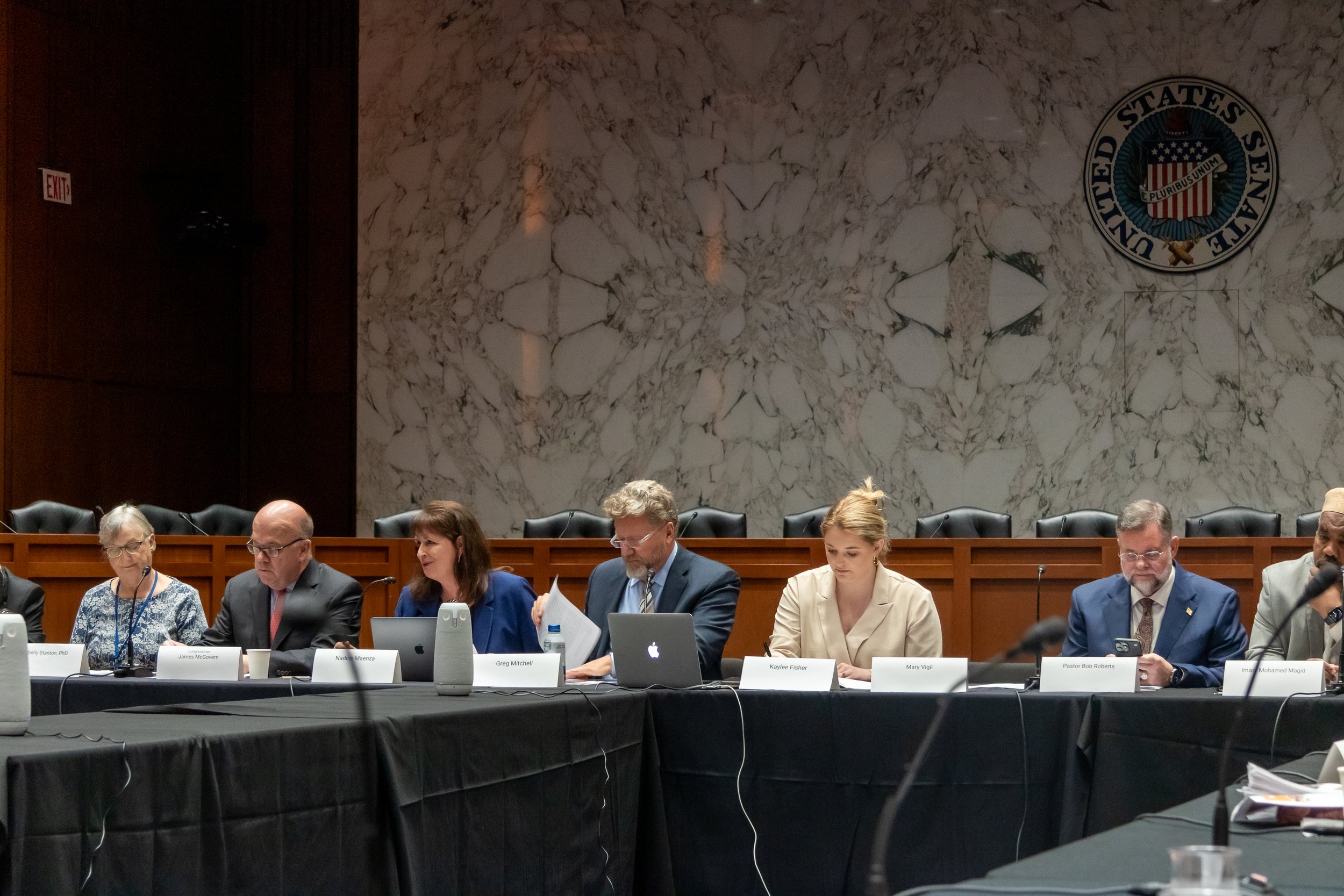
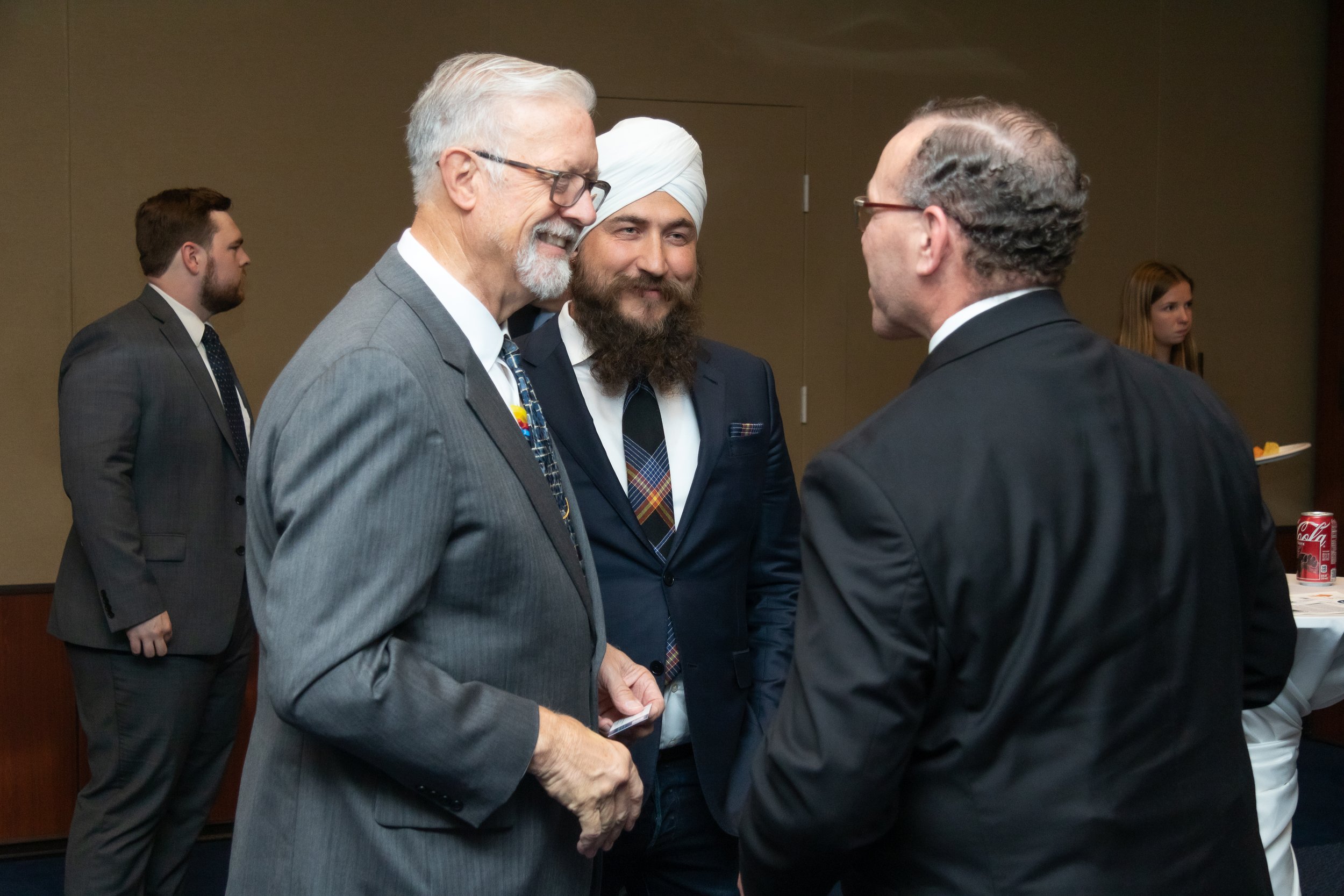

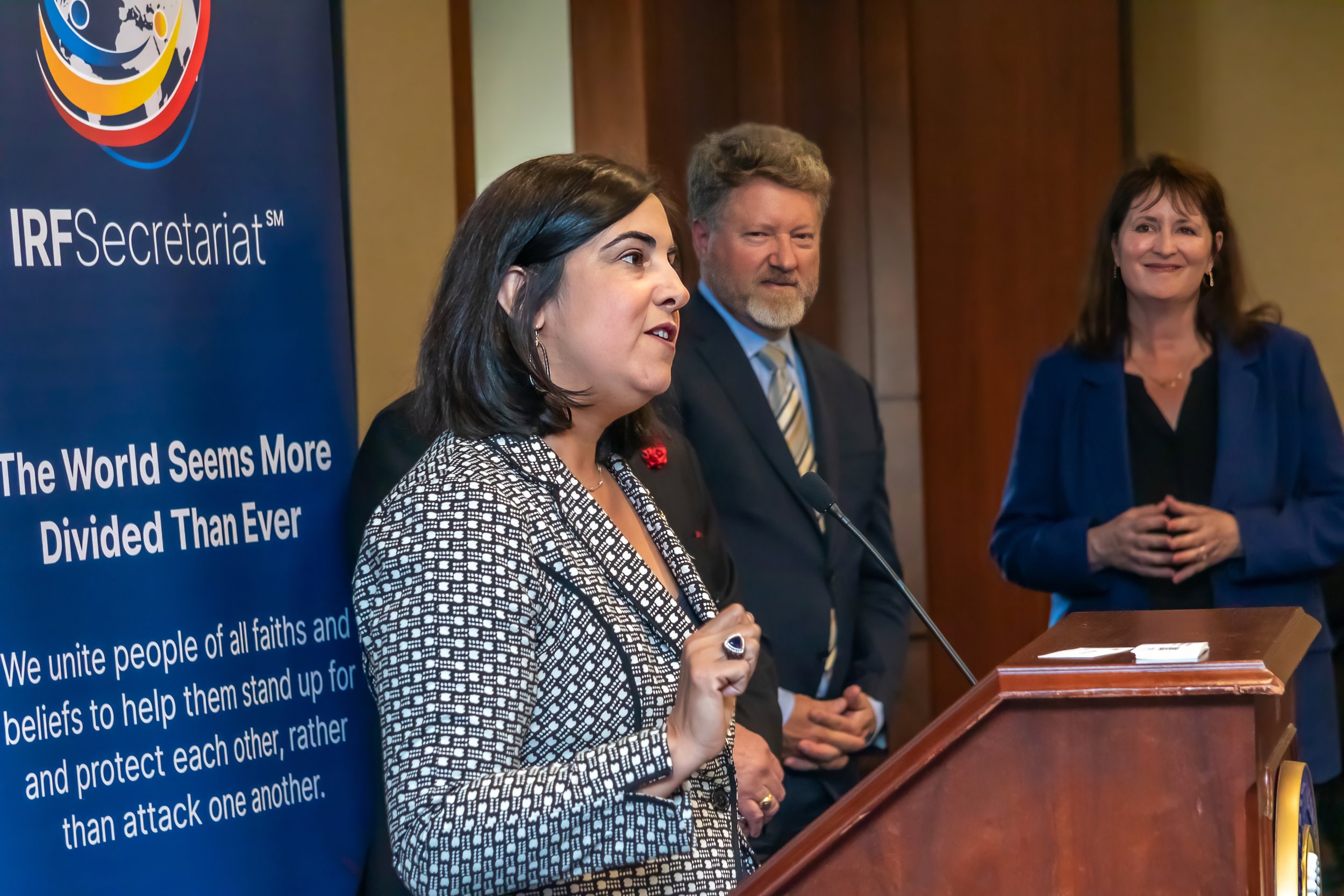

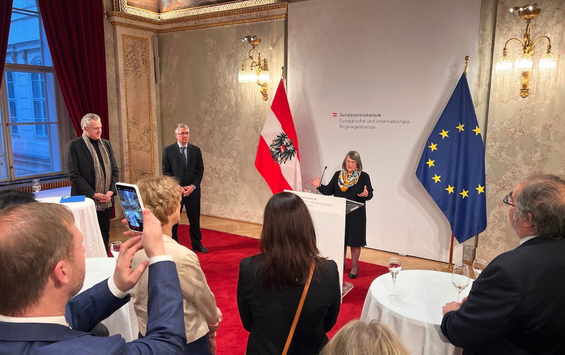


Purpose
We are builders who offer a proven Cooperative Engagement approach that effectively builds multi-faith relationships on mutual respect, trust, and reliance—and even love.
This work builds and strengthens:
Social cohesion & civil society.
Stability & security.
Economic development & growth.
Flourishing communities.
Peace & prosperity (the ultimate goal).
LEARN MORE
-
Why Religious Freedom Matters
Why is this important? Religious freedom is a key to sustainable peace and prosperity. It is a universal value, strongly affirmed in international norms and law as an issue of justice and protection of minorities.
-
Cooperative Engagement & The Builders Approach
IRF Secretariat helps all faith/belief communities engage each other (and their governments) cooperatively and constructively across their deepest differences in a multi-faith fashion.
-
Cross-Cultural Religious Literacy & Covenantal Pluralism
Cross-Cultural Religious Literacy (CCRL) is an engagement framework bringing equal citizens together to build religious freedom and religious responsibility to take on our world’s greatest challenges.
Our Building Partners

Supported by:
IRF Secretariat is a proud recipient of the Templeton Religion Trust’s largest Covenantal Pluralism Initiative grant to date. TRT is empowering IRF Secretariat to institutionalize a new approach, bringing people of different faiths together to advance religious freedom for all and institutionalizing a new model of cooperative engagement.
Templeton Religion Trust is a global charitable trust chartered by Sir John Templeton in 1984 with headquarters in Nassau, The Bahamas. TRT has been active since 2012 and supports projects as well as storytelling related to projects seeking to enrich the conversation about religion.











